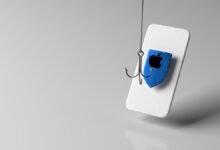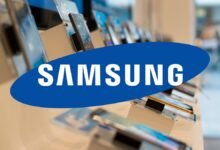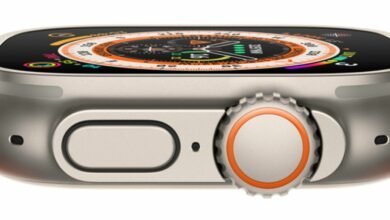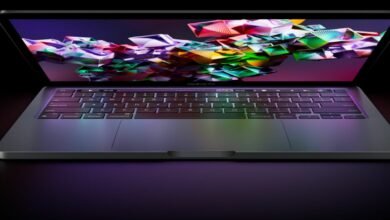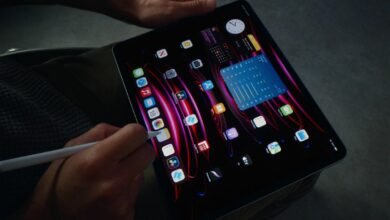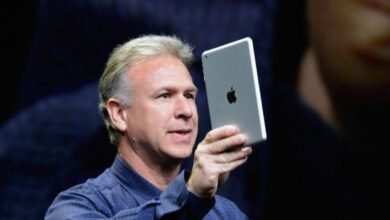EU’s proposed Type-C port law to directly affect Apple
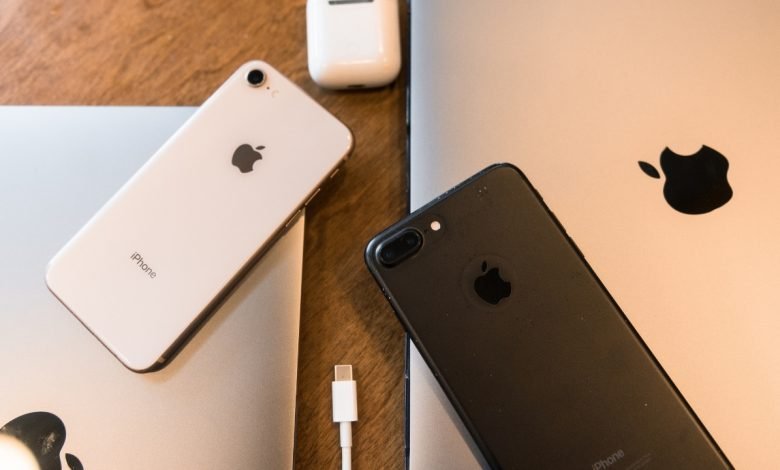
The new proposed Type-C port law is intended to reduce e-waste and make life easier for those who wish to charge all of their gadgets with a single charger.
The European Commission has proposed new legislation that, if enacted, will require all smartphone makers to include a Type-C port on all of their phones. This means that, if the bill passes, Apple might be the company that needs to catch up to the others.
The change has been in the works for more than a decade, with the European Union executive boasting environmental advantages and yearly savings of EUR 250 million (approximately Rs 2,161 crores) for consumers.
A Type-C port will become the standard port for all smartphones, tablets, cameras, headphones, portable speakers, and handheld videogame consoles, according to the Commission’s plan.
The legislation is aimed at reducing e-waste and make life easier for people who wish to charge all of their gadgets with a single charger.
Even on a logical level, the move makes sense since it drives companies who are resistant to change to more consumer-friendly methods.
The proposed Type-C port law directly affects Apple
Although the Commission stated that it was not targeting Apple, it maintained that the plan was met with strong opposition from Apple.
It stated that it was only acting because firms were unable to reach an agreement despite a decade of discussions, that had cut the number of mobile phone chargers from 30 to three.
Users of Apple’s iPhone and Android’s phones have long grumbled about needing to use different chargers. The former is powered by a Lightning connection, whereas Android devices are powered via USB-C ports.
Despite Apple’s involvement in the development of USB-C, it is not the same as Lightning. The most noticeable difference is the size of the Lightning ports. This gives Apple the upper hand. They have the ability to build gadgets that are more compact.
With the increasing use of Type-C charging ports in Android devices, it is Apple that will need to work on its new gadgets like iPhone to include Type-C ports. The innovative legislation, if approved, will surely affect the sales of iPhones.
Two years’ time for manufacturers to modify their smartphones
According to a 2019 Commission research, half of the chargers sold with mobile phones in 2018 had a USB micro-B connector, while 29 per cent had a USB-C connector and 21% had a Lightning connector.
The popularity of Type-C charging ports has been on the rise after almost all smartphone manufacturers, excluding Apple, embraced the same.
The plan must be approved by EU member states and EU legislators, after which manufacturers will have two years to modify their gadgets.
